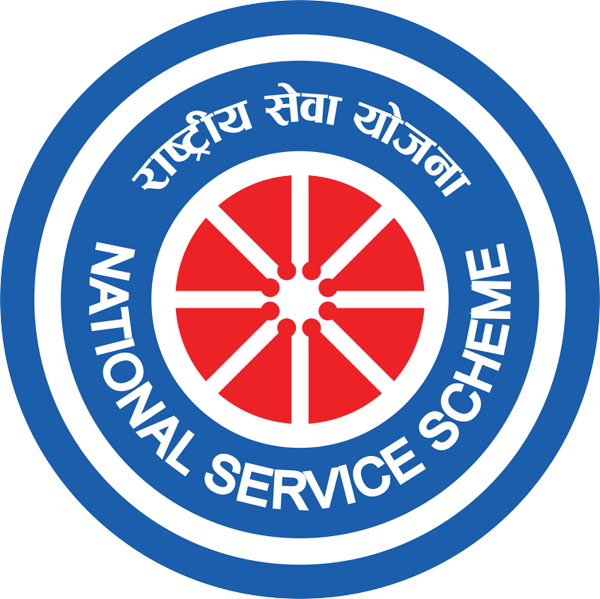Certificate Distribution
FN: 10:00 am to 12.00 noon
AN: 02.00pm to 04.00pm
on all the working days as per the institute calendar published in our intranet page.

National Service Scheme (NSS) in India was started in 1969, this public service program is sponsored by the Government of India and is conducted by the Department of Youth Affairs and Sports. National Service Scheme (NSS) is a voluntary program in which young people from colleges, universities, and also +2 level work towards creating a campus-community linkage.
National Service Scheme (NSS) is beneficial to both students as well as society in various different means. NSS helps the student to grow individually and also as a group. It makes the students confident, develops leadership skills, and gain knowledge about different people from different walks of life. Students also learn other skills that help them lead a better life in various situations. It teaches you to be disciplined and organized with the objectives you set for yourself and your goals.
Symbol of N.S.S (National Service Scheme)
The symbol for the NSS has been based on the giant Rath Wheel of the world-famous Konark Sun Temple (The Black Pagoda) situated in Odisha, India. The wheel portrays the cycle of creation, preservation and release. It signifies the movement in life across time and space, the symbol thus stands for continuity as well as change and implies the continuous striving of NSS for social change. The eight bars in the wheel represents 24 hours of a day. The red colour indicates that the volunteer is full of young blood that is lively, active, energetic and full of high spirit. The navy blue colour indicates the cosmos of which the NSS is tiny part, ready to contribute its share for the welfare of the mankind. It stands for continuity as well as change and implies the continuous striving of NSS.
NSS MOTO
The motto of NSS is “Not Me But You”. This reflects the essence of democratic living and upholds the need for selfless service and appreciation of the other person’s point of view and also to show consideration for fellow human beings.
Aim
The programme aims to instilling the idea of social welfare in students, and to provide service to society without bias. NSS volunteers work to ensure that everyone who is needy gets help to enhance their standard of living and lead a life of dignity. In doing so, volunteers learn from people in villages how to lead a good life despite a scarcity of resources. it also provides help in natural and man-made disasters by providing food, clothing and first aid to the disaster's victims.
Types of Activities
There are two types of activities: Regular Activities (120 hours) and Annual Special Camp (120 hours). All the NSS Volunteers who have served NSS for at least 2 years and have performed 240 hours of work under NSS are entitled to a certificate from the university under the signature of the Vice-Chancellor and the Programme Coordinator. The Annual camps are known as Special Camps. Camps are held annually, funded by the government of India, and are usually located in a rural village or a city suburb. Volunteers may be involved in such activities as:
There are no predefined or preassigned tasks; it is left up to the volunteers to provide service in any way that is feasible. Camps typically last between a week and 10 days, although camps for shorter periods are also conducted by NSS.